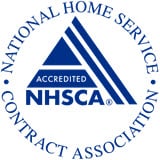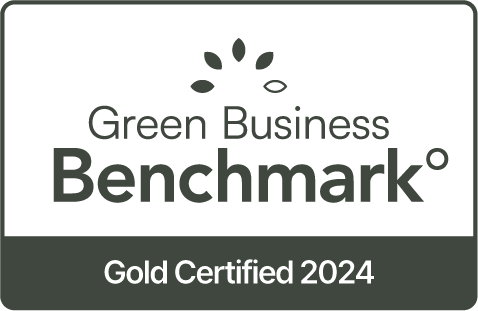
According to the National Association of REALTORS® (NAR), 93% of homebuyers turn to real estate websites as a useful source of information when buying a home, and 44% of homebuyers start their house hunting online.
That means if you’re not doing everything possible to drive prospects to your website and convert them to leads, you may be missing out.
Search engine optimization (SEO) has never been more important to real estate professionals.
SEO is a technique used to direct relevant internet traffic to a website. SEO is largely about filling your pages with thoughtful and meaningful content, including the right keywords—the words that your prospects are entering into search engines—to bring people to your website.
The following five best practices may help drive more traffic to your website or blog and win you more business.
Create Content Relevant to Your Audience
You've heard it a million times, but it bears repeating because it really is the first rule of SEO. Why is it so vital?
Some online marketers still believe that if you squeeze as many keywords into your homepage as possible, you will push yourself to the top of the search results. This practice, known as "stacking," is not only ineffective (search engines are way too smart to fall for that these days), but it's incredibly annoying to read.
Would you stick around to read a page that mentioned "real estate" 50 times for no good reason? Keep your content readable and relevant.
Stay Local
According to the Association of Real Estate License Law Officials (ARELLO), there are around 2 million active real estate licensees in the nation. So, no amount of SEO will put you at the top of a search for the phrase "real estate" by itself.
The good news is that you don't need to be at the top of that list—you want to be at the top of any search for local real estate in whatever corner of the world you serve.
Let's say you serve Mayberry, NC. You'll want to include the words "Mayberry, NC" and "real estate" side-by-side throughout your website (only where appropriate, of course). You could also include information on local events, local news, and anything relevant to the community.
Use Links
There are three types of links on web pages: internal links, external links, and backlinks. Internal links connect pages on your website. External links connect your website pages to other websites. Backlinks are links on other websites that point directly to a page on your website.
All three, when used appropriately, may improve your search engine ranking because they help users navigate your page and the internet as a whole, allowing them to find more information with less effort.
Show Off Properties with Images and Videos
Consumers love visuals. Embedded videos help improve any page's ranking, but they are especially helpful to real estate websites. Virtual property tours and internet commercials are a great addition to your site, both for improved SEO and because videos are eye-catching and much more engaging than text on a page.
Update Regularly
Search engines favor fresh, new content, so keep posting to your blog and keep updating those listings. New content will keep your audience engaged and promote familiarity with your personal brand.
SEO is great for generating traffic, but SEO alone can’t capture and convert those leads for you. To produce leads and turn them into prospects, you must marry your SEO strategy with effective content.
Turning leads into prospects depends on your ability to engage your audience and get their contact information during their first visit to your site’s landing page.
The truth is the majority of the traffic that arrives at your website isn’t going to come back a second time. So, you need to provide visitors with a reason to give you their email addresses.
One proven way to convert website traffic into potential clients: a pop-up or slide-in call to action promising free delivery of relevant information to their inbox in exchange for their email address.
You could offer prospective clients a free market analysis or ask them to sign up for your blog/newsletter—anything applicable and valuable to your audience could work!
If you’re interested in learning more about SEO, check out Google’s SEO Starter Guide for a broad overview of best practices straight from the source.
In the meantime, if you follow the five guidelines listed above and provide a call to action for relevant content on your website’s landing page, you’re well on your way to attracting and converting qualified leads!
Reference to any specific brand, product, or service does not constitute endorsement by ORHP. ORHP does not receive compensation for providing third-party links.








